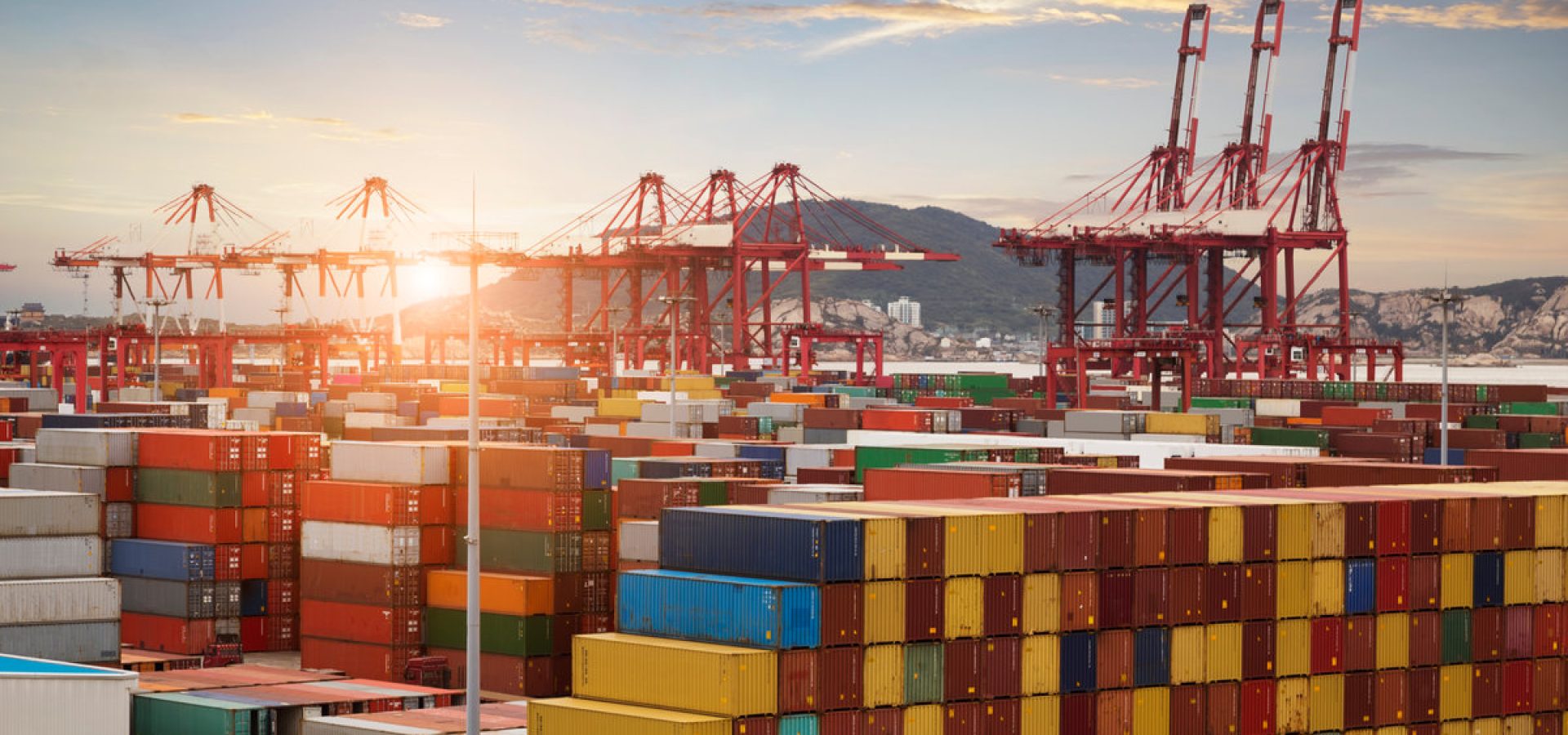Deflation economics, a phenomenon characterised by a sustained decline in the general price of goods and services, has recently taken centre stage as China’s economy slipped into deflation in July. This marked the first time in over two years that consumer prices experienced a decline, with the official consumer price index dropping by 0.3% from the previous year. The emergence of deflation in the world’s second-largest economy has raised concerns and prompted analysts to assess the potential consequences and causes underlying this shift.
Consequences of Deflation
The slip into deflationary territory in China amplifies the pressure on the government to reinvigorate demand within the economy. While appealing to consumers, declining prices raise post-pandemic recovery pace concerns due to their potential impact on economic growth. This deflationary trend has been coupled with weak import and export data, questioning the robustness of China’s economic rebound. The challenges in the housing market and ballooning local government debt have further complicated the scenario. Record high youth unemployment worsened due to an influx of university graduates entering the job market, creating a critical issue.
Inflation vs. Deflation: Balancing Act
Inflation and deflation represent opposite ends of the spectrum, each carrying distinct economic implications. While moderate inflation is often seen as a sign of a healthy economy, deflation poses different challenges. Falling prices may discourage consumer spending as individuals anticipate even lower prices in the future. This leads to reduced demand and business investments. Moreover, deflation makes it harder for China to manage its burgeoning debt, potentially hindering growth and overall economic stability.
Navigating Deflation Challenges in China’s Economy
In conclusion, the emergence of deflation economics in China, marked by the recent decline in consumer prices, underscores the multifaceted challenges faced by the country’s economy. Balancing economic recovery and stability is crucial for the government as deflation impacts demand, growth, and debt management. Balancing inflation and deflation is a complex challenge, profoundly affecting policymakers and citizens in their daily routines and decisions.









COMMENTS